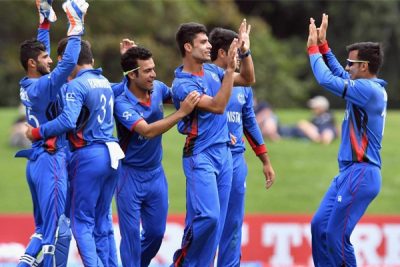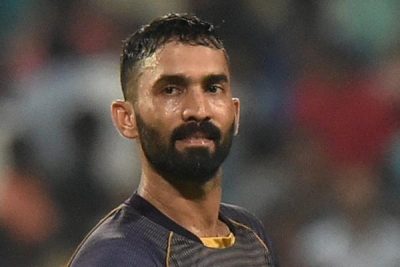
The International Cricket Council (ICC) met via teleconference on Friday where several decisions regarding upcoming ICC mega-events have taken place. There has been no women’s cricket after the Women’s T20 World Cup took place in the initial 2020. The ICC Women’s T20 World Cup 2021 was scheduled to kick off in New Zealand. The six cities of New Zealand were all set to host the event but as a consequence of the virtual meeting that took place, it has been decided to move the event to 2022 after February-March.
ICC Women’s T20 World Cup 2021 postponed till February-March 2022
ICC Acting Chairman Imran Khwaja said: “Over the last few months as we have considered how we return to staging global events, our number one priority has been to protect the health and safety of everyone involved in ICC events.
“The decisions the Board have taken today are in the best interests of the sport, our partners, and importantly our fans. I’d like to thank our partners at the BCCI, Cricket Australia and Cricket New Zealand as well as the Australian and New Zealand governments for their continued support and commitment to a safe return to ICC events.”
It has been also decided to retain India as the hosts of the World Cup 2021 whereas, Australia will be hosting T20 World Cup 2022 (canceled World Cup 2020).
ICC Chief Executive Manu Sawhney said: “We now have absolute clarity on the future of ICC events enabling all of our Members to focus on the rescheduling of lost international and domestic cricket. We will now proceed as planned with the Men’s T20 World Cup 2021 in India and host the 2022 edition in Australia.
“We have taken the decision to move the ICC Women’s Cricket World Cup to give players from every competing nation, the best opportunity to be ready for the world’s biggest stage and there is still a global qualifier to complete to decide the final three teams.
“There has been no women’s international cricket played since the conclusion of the ICC Women’s T20 World Cup earlier this year and due to the varying impact of COVID-19 globally, that is likely to remain the situation for a number of the teams. Moving the event by 12 months gives all competing teams the chance to play a sufficient level of cricket ahead of both the qualification event and leading into a Cricket World Cup so the integrity of the tournament is maintained.”









